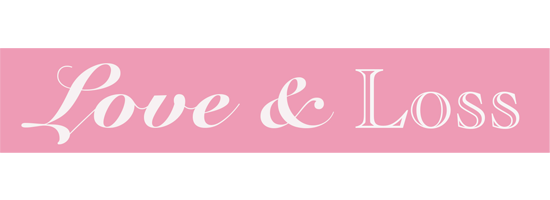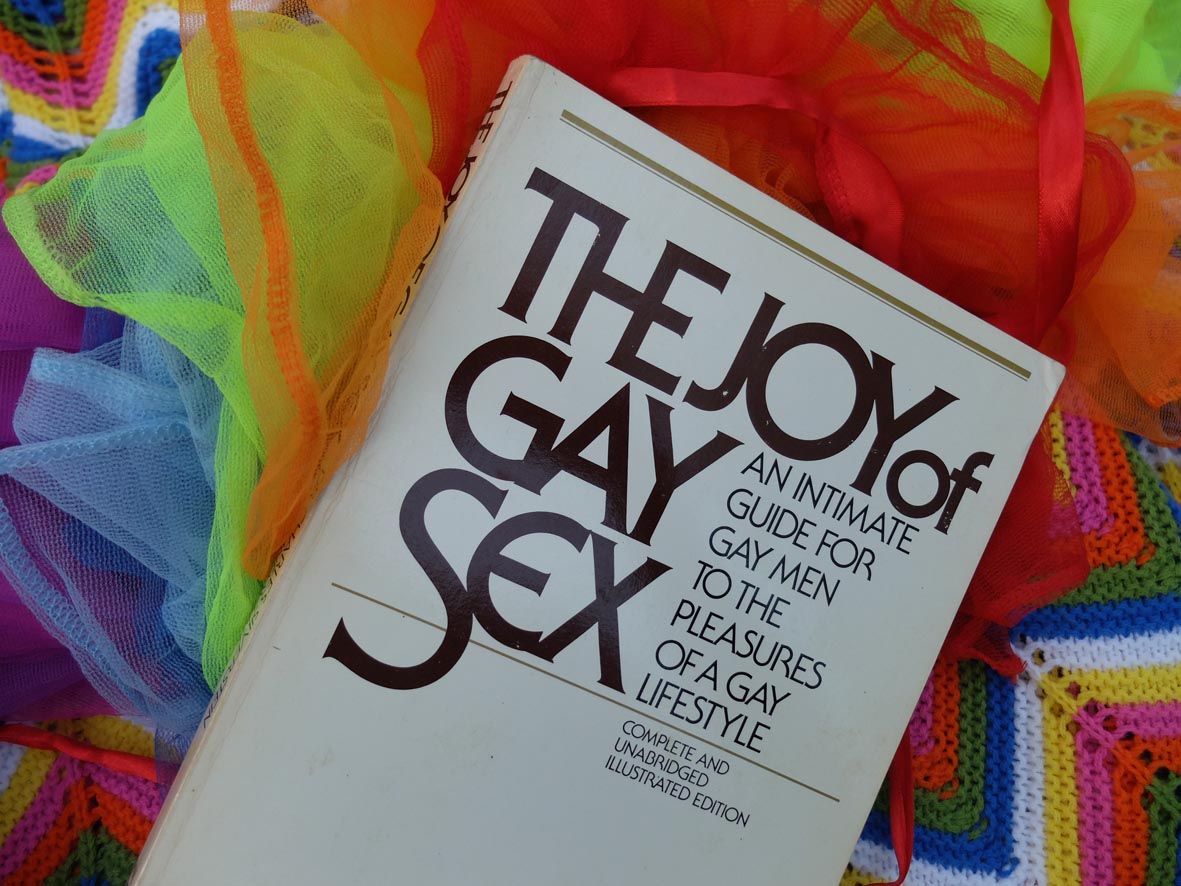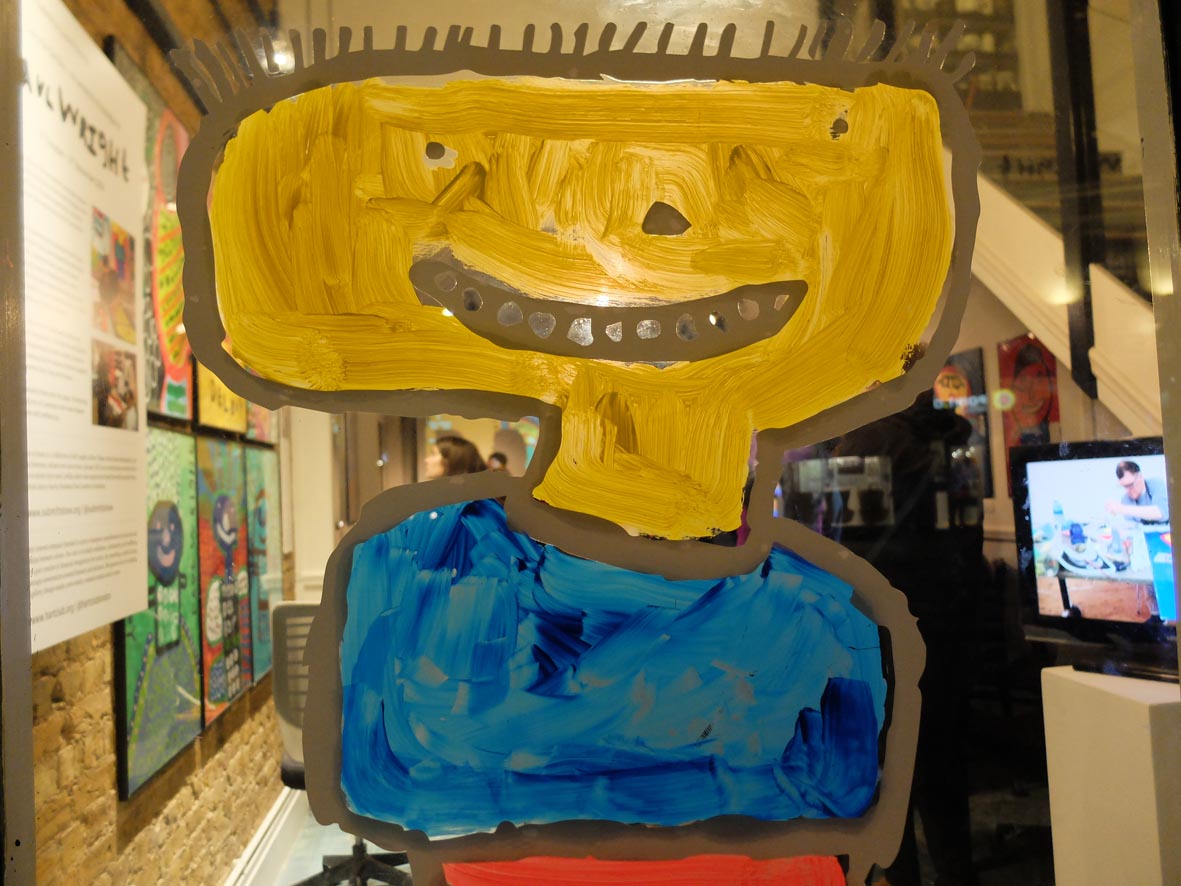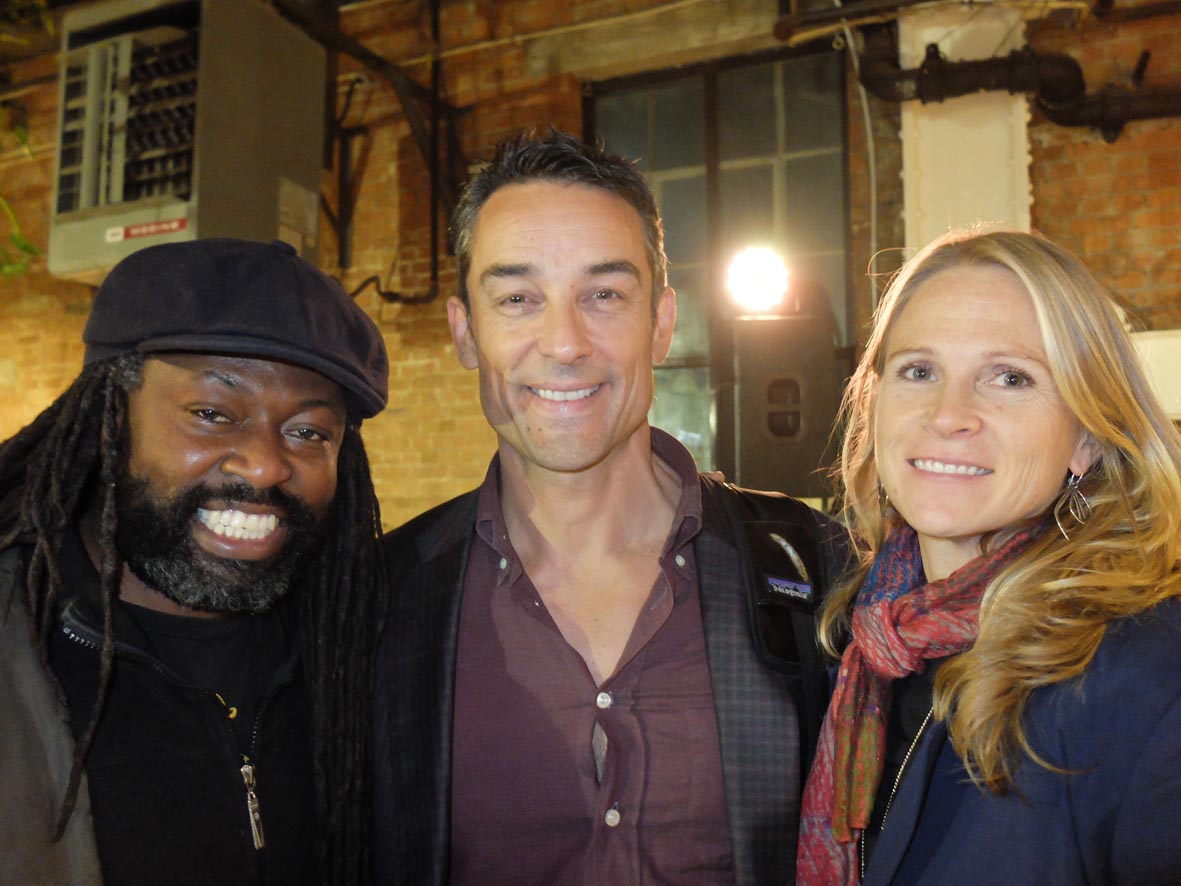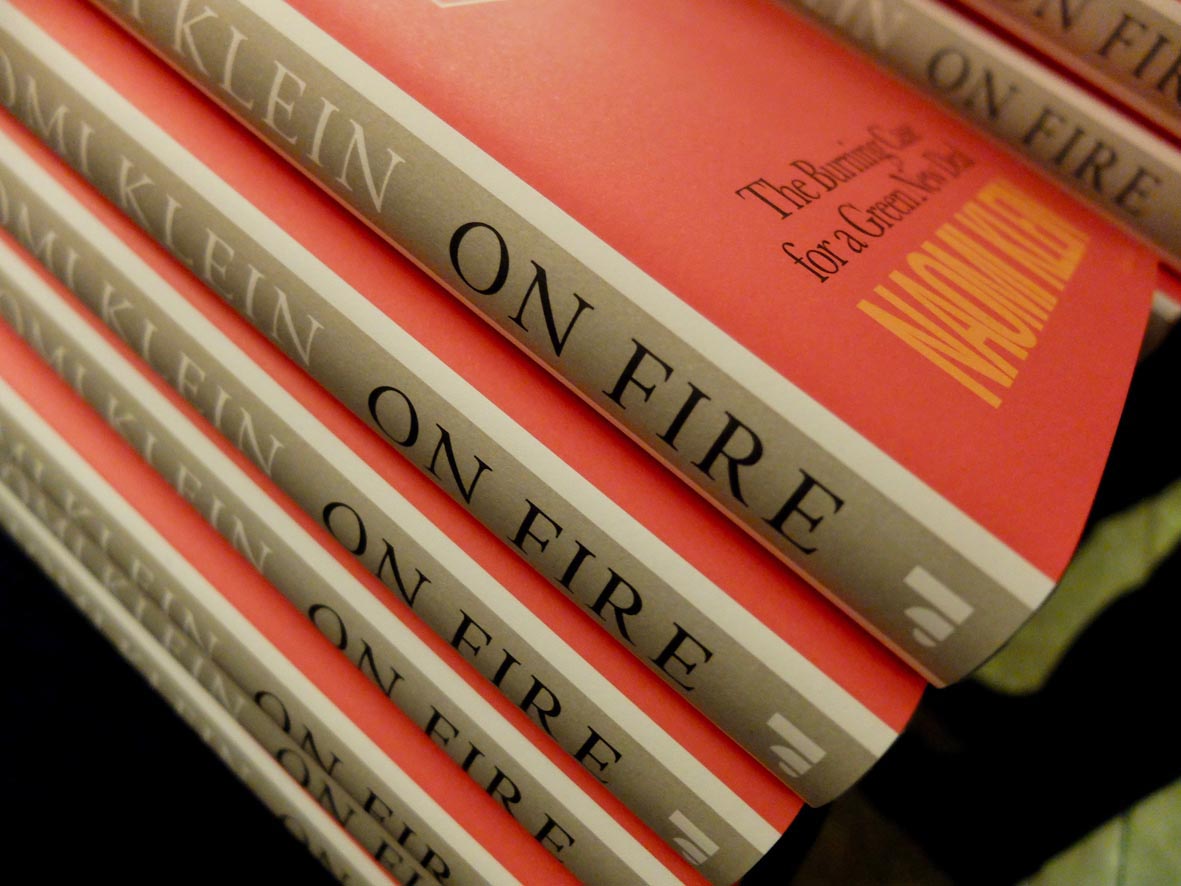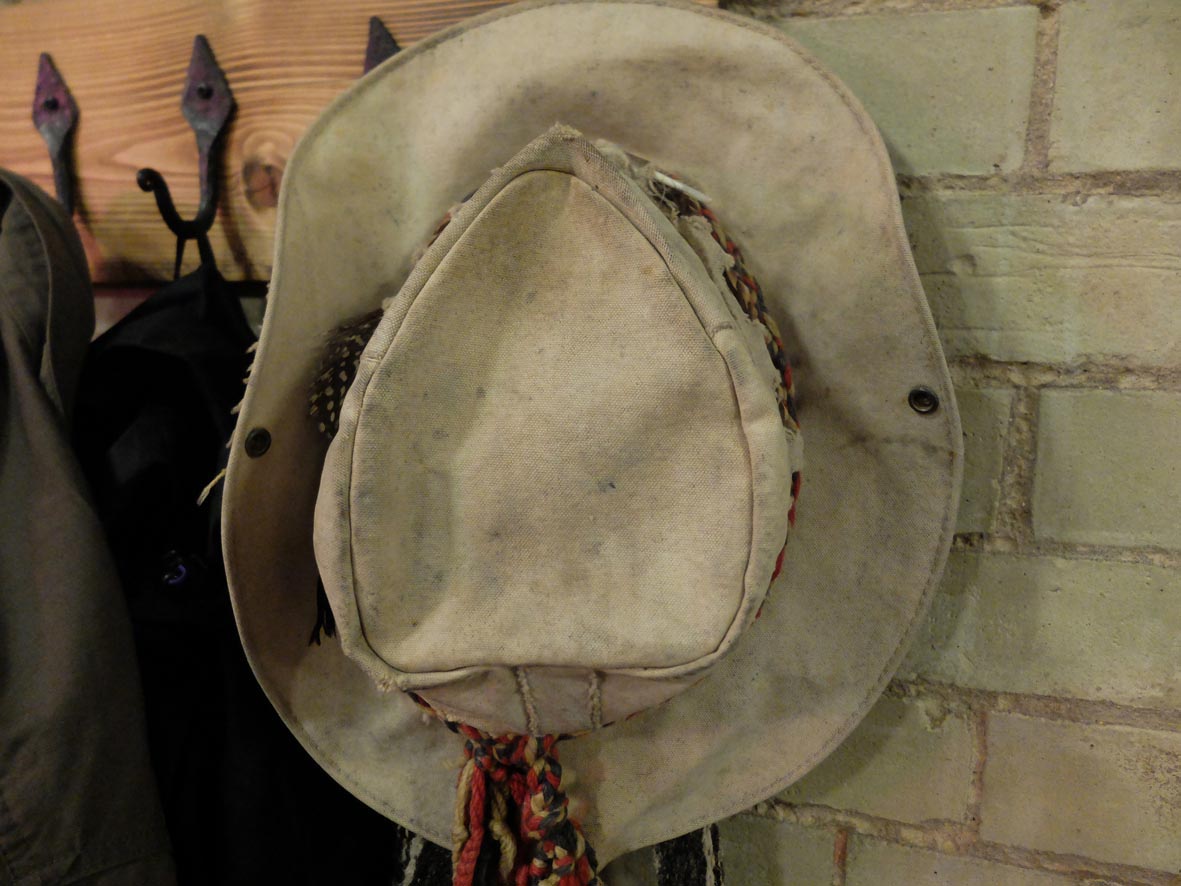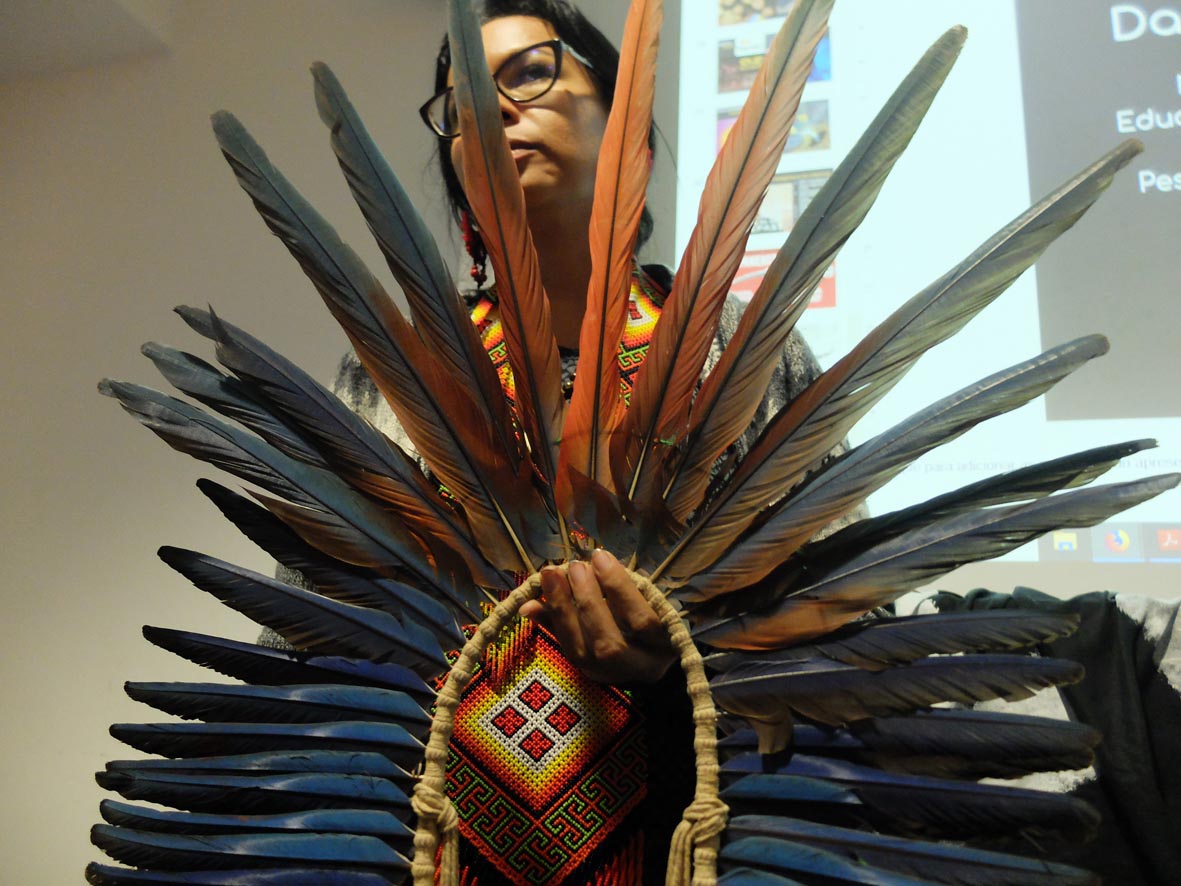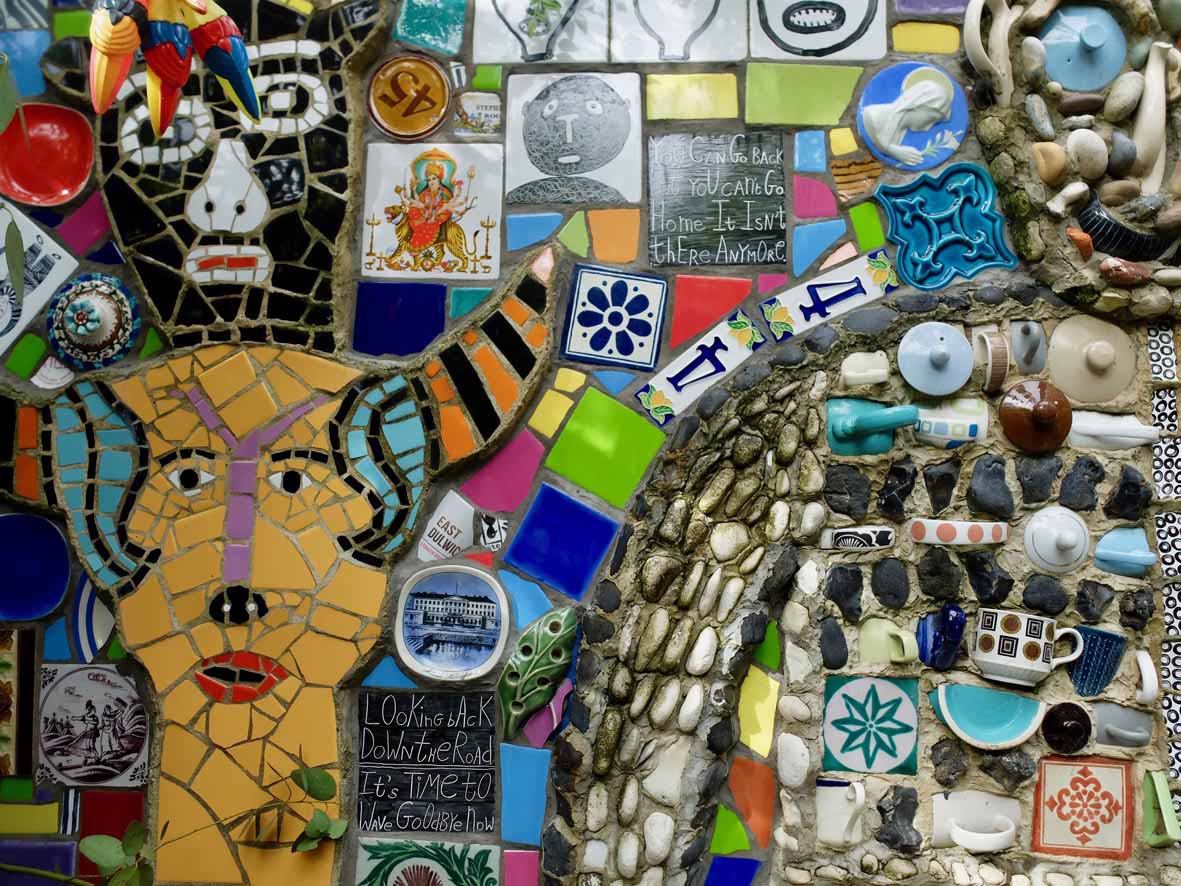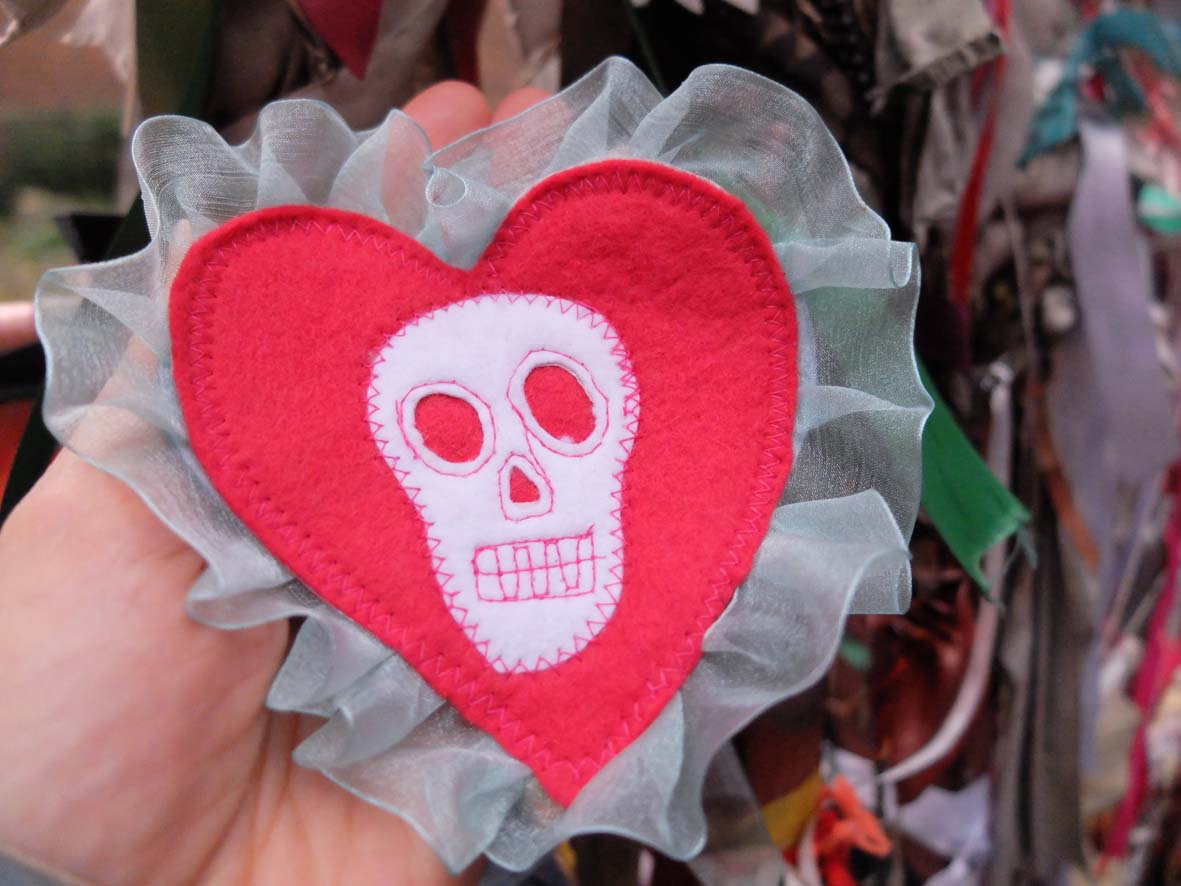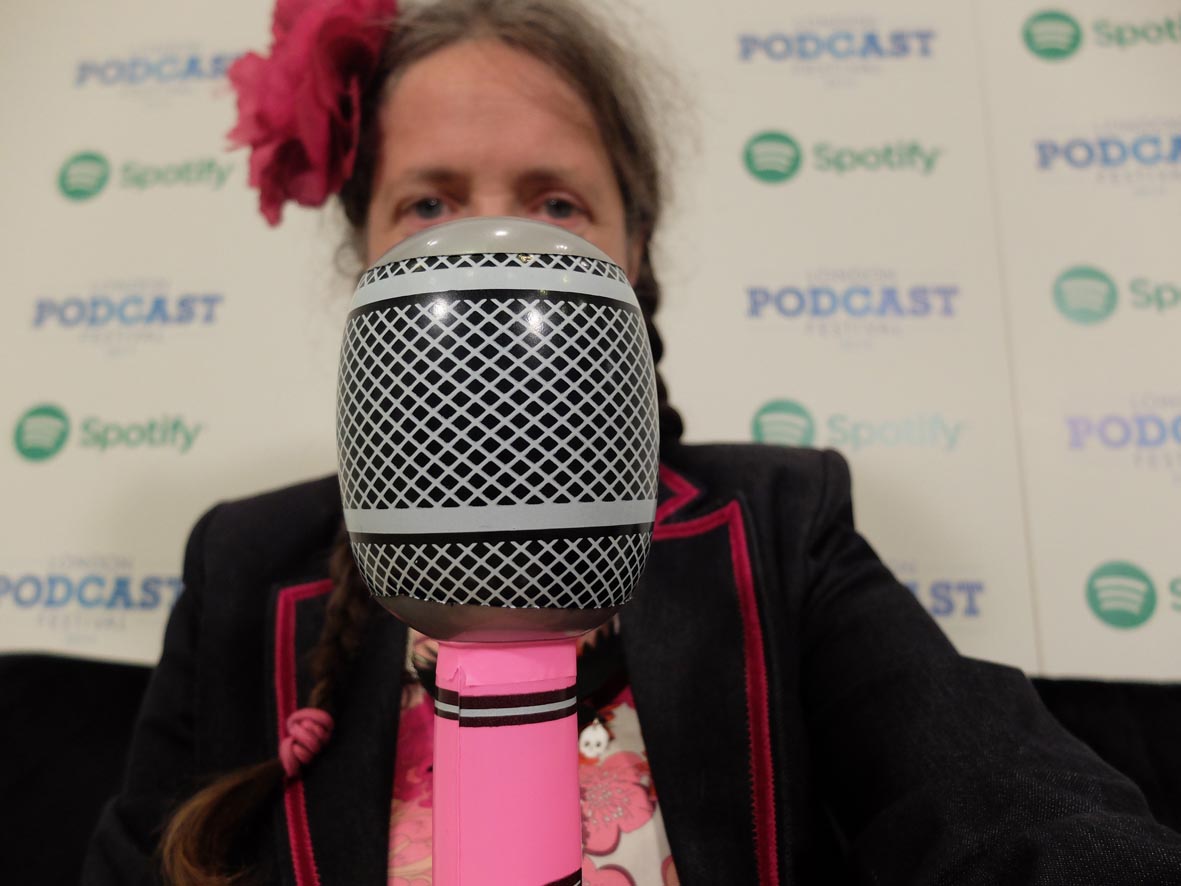03 Nov ‘Printed in Korea: Life in the DPRK’
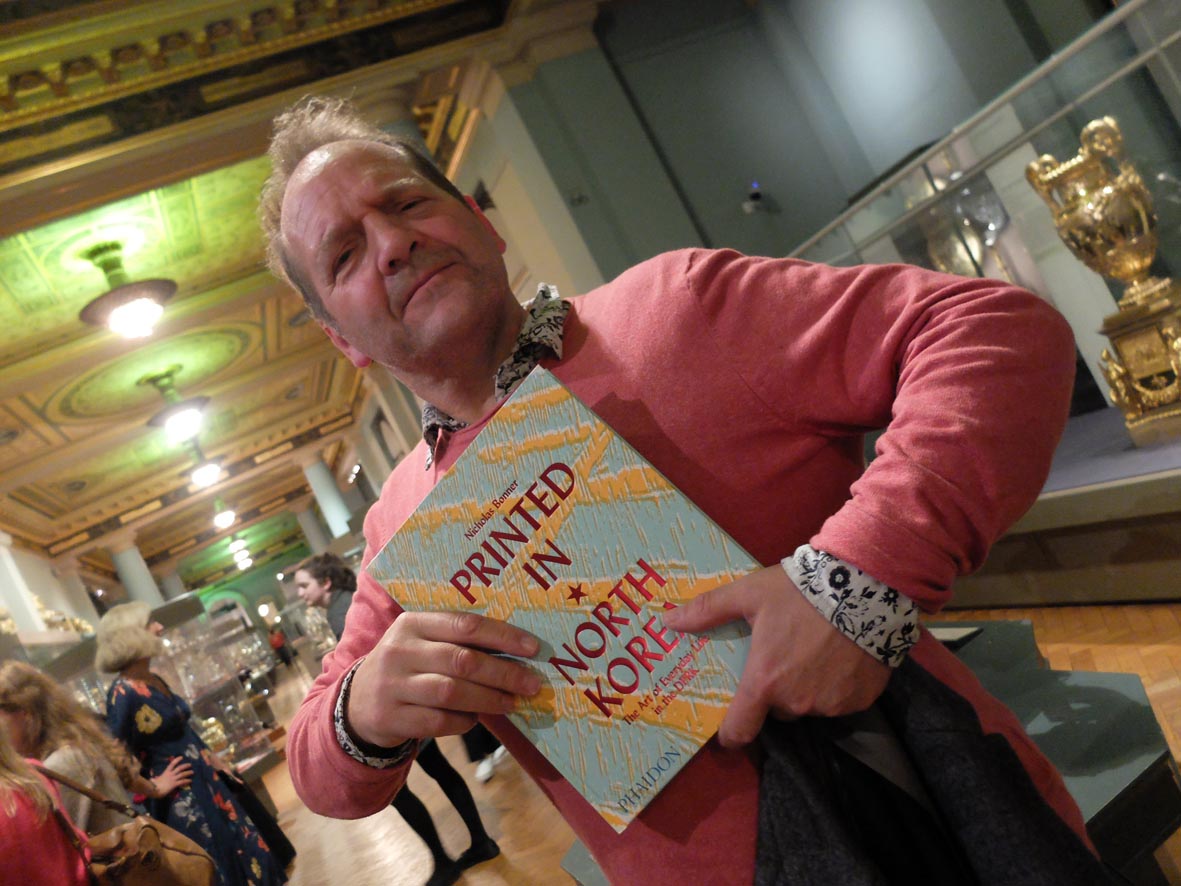 One diagram might chart the spectrum of creative work between Fuller (see previous post) and the print-makers of North Korea. Fuller describes life as an artist as “a curse, a compulsive problem”. He paces, researches and explores his subject working over long periods in isolation to create extraordinary ‘maps of the mind’, which synthesize the aesthetics, culture and geography of places. At the other end of the spectrum are the print makers from the DPRK who work as part of a team, follow rules that cover subject, style and load references within each image. Art production is structured within a studio system. The highest level of attainment in this system is ‘People’s Artist’. Nicholas Bonner is a lively cultural ambassador, both informative and entertaining. He conveys the philosophy behind these idealized images. As Kim Jong-un states, “Revolutionary art awakens people to the truth of struggle & life & inculcates in them rich emotion & verve”. Bonner explains some of the meaning behind the dynamic, vibrant, yet often visually lyrical wood and lino cuts. He also shares some of his experience of the humanity of the people in the DPRK and the everyday life that these prints portray.
One diagram might chart the spectrum of creative work between Fuller (see previous post) and the print-makers of North Korea. Fuller describes life as an artist as “a curse, a compulsive problem”. He paces, researches and explores his subject working over long periods in isolation to create extraordinary ‘maps of the mind’, which synthesize the aesthetics, culture and geography of places. At the other end of the spectrum are the print makers from the DPRK who work as part of a team, follow rules that cover subject, style and load references within each image. Art production is structured within a studio system. The highest level of attainment in this system is ‘People’s Artist’. Nicholas Bonner is a lively cultural ambassador, both informative and entertaining. He conveys the philosophy behind these idealized images. As Kim Jong-un states, “Revolutionary art awakens people to the truth of struggle & life & inculcates in them rich emotion & verve”. Bonner explains some of the meaning behind the dynamic, vibrant, yet often visually lyrical wood and lino cuts. He also shares some of his experience of the humanity of the people in the DPRK and the everyday life that these prints portray.
www.vam.ac.uk/event/2nvll3KZ/printed-in-north-korea
